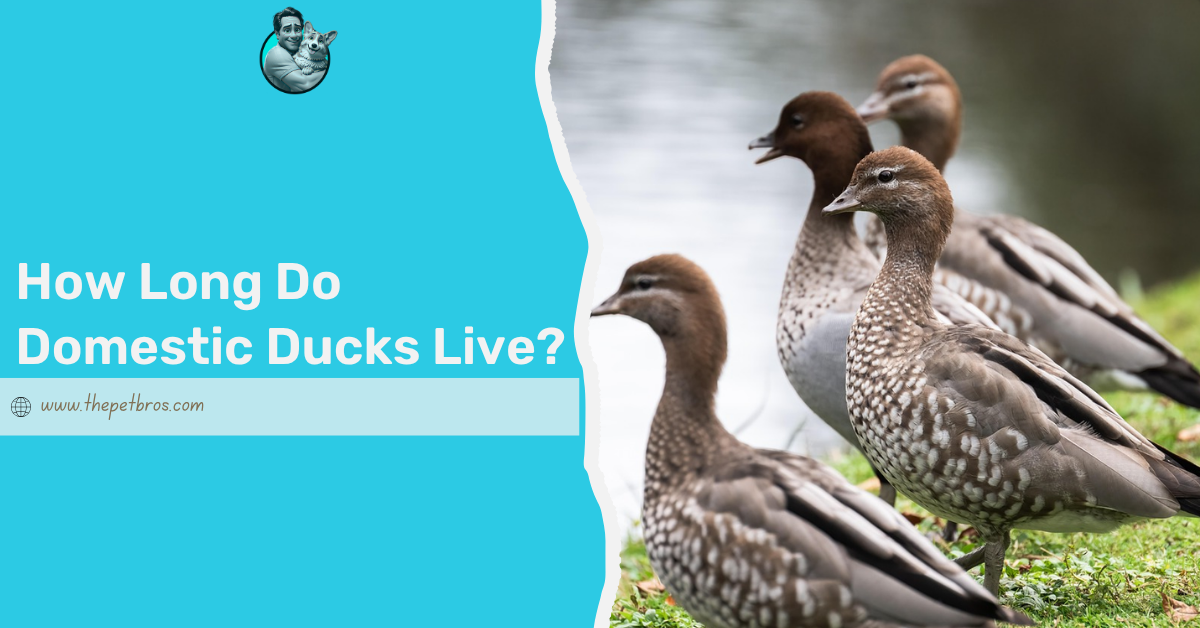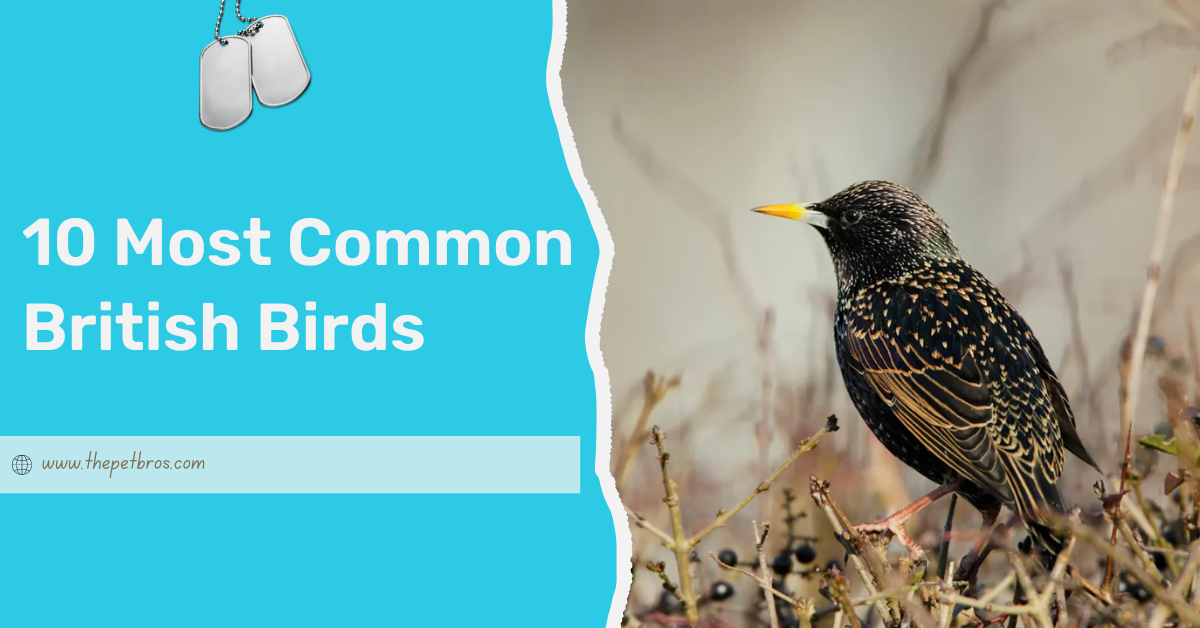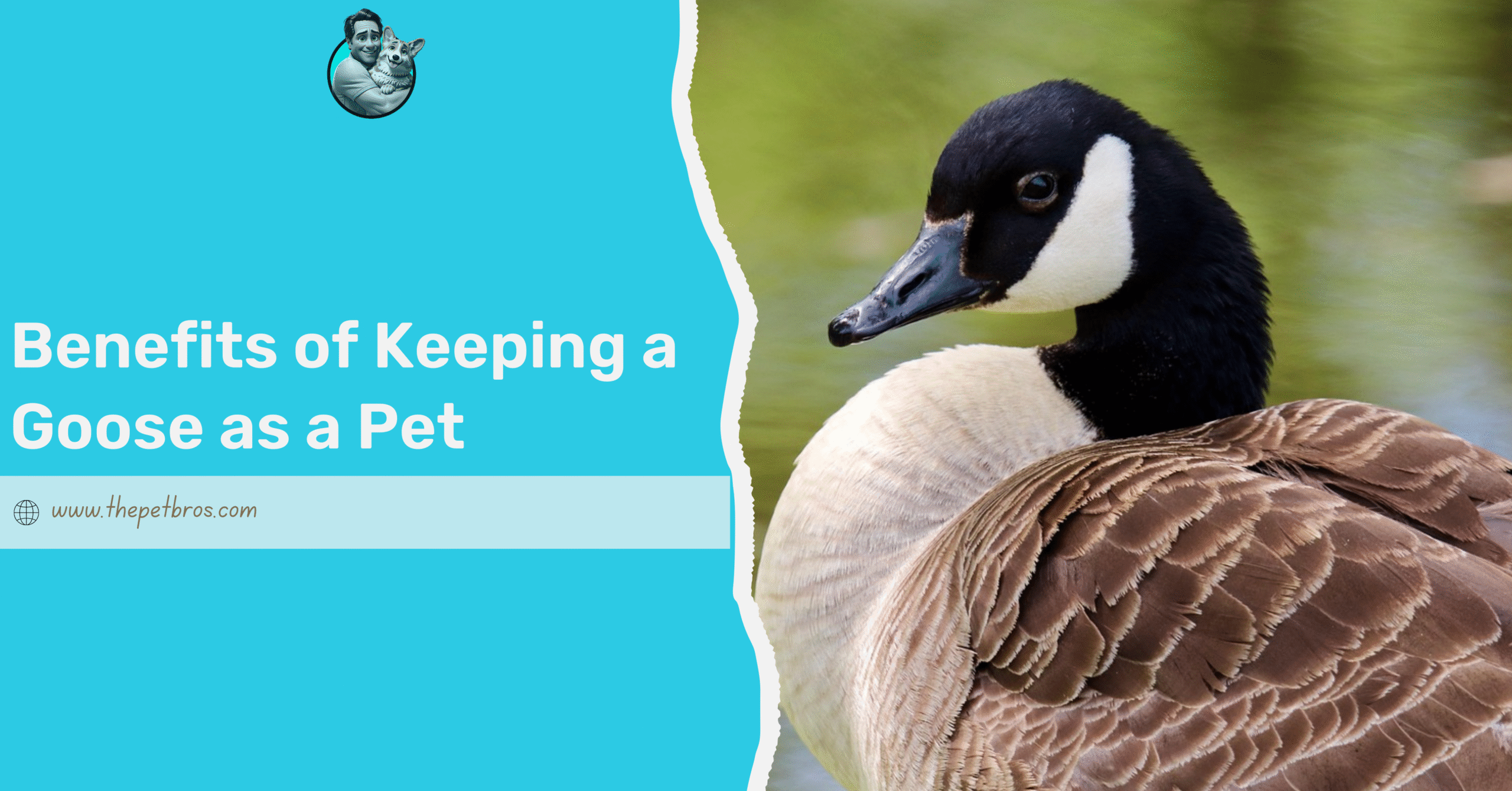Do you think you’ve seen the same ducks at the park for the last few years? You’ve probably been seeing these ducks because they live for several years. Now, you’re wondering, “How long do domestic ducks live?”
Guinness World Records has it that the oldest domestic ducks have lived for as long as 49 years, so you need not worry about the ducks you see at the park every year. If you ask us, the answer to the question is equally as important as the factors that shape the lifespan of these hydrophilic birds.
So, yeah, a duck keeper’s answer would factor in the breed, the quality of care, and the duck’s ability to steer clear of disasters. In this article, we’ll give you all the information you need on the lifespan of domestic ducks on a platter. So, feel free to dig in!
How Long Do Domestic Ducks Live?
If we go by the Guinness World Records, we can say 49 years, but how realistic is this? Well, let’s cut to the chase. Most domestic ducks, like the fluffy Pekins or those quirky Indian Runners you might see at a local farm, usually live between five and ten years.
That’s way longer than their wild cousins, who have a tough old time out there. Wild ducks only manage about two or three years on average. With foxes, hawks, and other sneaky predators on their tail, plus the hassle of finding food or staying warm in a chilly winter, they don’t stand much chance.
What’s even more beautiful than keeping a duck pet is the fact that some domestic ducks, with extra special care, can live way past that five to ten-year mark, hitting between twelve to twenty years, and, in exceptional cases, up to 50 years! Can you imagine a duck waddling happily into and beyond their teens, splashing in a pond or dozing in the sunshine for that long?
Well, breeds like the Muscovy or Khaki Campbell can become proper old-timers if you give them top-quality food, a safe place to call home, and a vet visit now and then to keep them fit. With the best living conditions, you’ll only wonder how long domestic ducks live out of admiration for the longevity of your quacker.
Factors That Influence a Domestic Duck’s Lifespan
1. Choose the Right Breed
Sometimes, the reason there’s no generic answer to “how long do domestic ducks live?” boils down to picking the right breed. Not all ducks are cut from the same cloth. Smaller breeds, like the Indian Runners, live between eight and twelve years, while medium to large breeds like the Pekins tend to clock in at five to eight years.
Then, there’s Muscovy, a quirky character, who can quack happily for eight to fifteen years with proper care. Each breed comes with specific charms and a lifespan. So, the wisdom behind how long your domestic duck lives is the breed you choose, because it sets the stage for their lifespan.
2. Provide Proper Nutrition
Nutrition is one massive piece in determining how long domestic ducks live. Feeding your ducks a balanc2. ed diet is like fuelling a car for a long ride. High-quality duck feed, packed with grains, vitamins, and minerals, keeps their feathers glossy and their bodies as fit as a fiddle.
When you compromise on the quality of your duck’s nutrition, malnutrition can creep in. And, when it does, it leaves them weak, with a dull plumage and even shorter lives. Nobody wants an unhealthy duck, and providing them with the appropriate feed is one sure way to ensure they are around for a long time.
Clean water is equally vital for your duck’s longevity, not just for a cheeky splash but also for digestion and keeping their feathers in excellent shape. Hence, a steady supply of fresh, clean water and proper grub can stretch their years beyond average. If you want your duck to live long enough, adequate nutrition is non-negotiable.
3. Ensure Safe and Comfortable Housing
An underrated factor in the longevity of your duck’s life is giving them a safe, comfy home. You want your duck to live in the crutch for its breed? Then, a predator-proof shelter is a must. And we’re talking sturdy coops or fenced runs that keep foxes, hawks, and sneaky cats at bay.
No one wants to live in constant fear of becoming prey to some predator, and a duck sure has good reasons to fear. Now, the quality of shelter you give your duck can do some magic. Space is crucial because ducks need room to waddle, splash, and stretch their wings without feeling cramped. A good rule is a few square metres per duck in their run, plus a cosy spot to snooze.
Weather protection is another key factor. A sheltered area keeps your duck snug from howling winds, rain, or scorching sun. A happy, stress-free duck has a higher propensity to live long, so sparing some time to fix up a secure, spacious, weather-proof home can add years to their quacking adventures, making your garden their happily ever after playground.
4. Maintain Proper Health Care Practices
Maintaining a routine that guarantees your duck’s health is a game-changer for their lifespan. Ducks can catch nasty ailments like respiratory infections or bumblefoot, which can knock years off their shelf if you do not treat them properly. So, it’s only proper to have regular vet checkups, as it increases your chances of catching problems early before they become severe.
Similarly, the need to vaccinate your duck may arise, and doing it promptly will shield them from diseases like duck viral enteritis. Vets also recommend that when you bring home a new duck, you put it in quarantine for a couple of weeks to stop any sneaky bugs from spreading to your flock.
Good healthcare means your ducks stay in perfect shape, dodging ailments that could cut their time short. So, when someone asks you, “How long do domestic ducks live?”, tell them proper healthcare practices, regular vet visits, and smart quarantine habits can keep them waddling happily for years.
How to Extend Your Duck’s Lifespan
- Follow Daily Care Tips: Daily care is key to helping your duck thrive. Clean water for drinking and a good splash, high-quality duck feed brimming with nutrients, and secure fencing and predator deterrents are simple tips you can implement to extend their years well beyond the norm.
- Encourage Mental and Physical Stimulation: If you want your ducks to live long, you must keep them lively with mental and physical stimulation. A pond or kiddie pool lets them splash and swim, keeping their bodies fit and spirits high. Foraging opportunities, like scattering greens or safe insects in their run, also spark their curiosity and mimic natural habits.
- Give Special Care to Older Ducks: Extra care extends the golden years of older ducks. You should add ramps or shallow steps to their coop for easy waddling. Equally, adjust their diet with softer, nutrient-rich feed to aid digestion, keeping their tummies happy. These tweaks make life comfy for senior quackers, helping them thrive longer.
Conclusion
Now, you know that to help your domestic ducks have a long, happy life, you must start by identifying the lifespan of their breed. Then, with proper nutrition, safe housing, and adequate healthcare, your quacking pals can waddle on for 5 to 20 years, or even chase down Guinness World Records.
FAQs
Do ducks need vaccinations?
Depending on local risks, ducks may need vaccinations for diseases like duck viral enteritis.
Can ducks live indoors to extend their lifespan?
Ducks can live indoors with proper care, but outdoor space is vital for their health.
How can I tell if my duck is ageing or sick?
Look for slower movement, dull feathers, or appetite changes. However, you should consult a vet for clarity.
Do male or female ducks live longer?
Neither male nor female ducks consistently live longer. Lifespan depends on care and breed.














